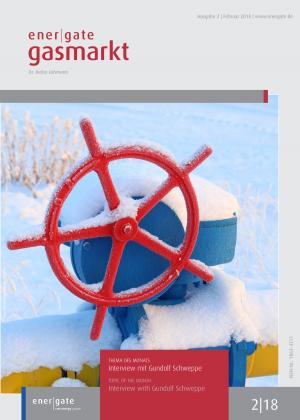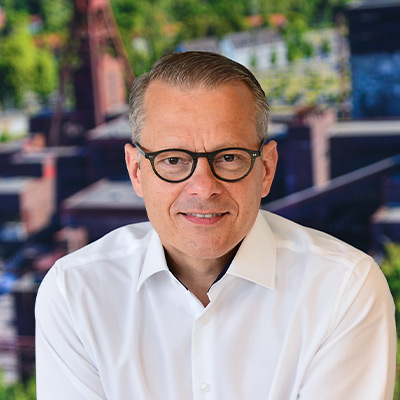Uniper Energy Sales aims to introduce new products to strengthen the sales partnership with utilities. “Sales partnership (Vertriebspartnerschaft)” is a very traditional concept from the good old days of the German gas industries with strong ties between the supplier and the utility beyond the pure gas supply. Joint products and marketing campaigns as well as the joint handling of larger industrial customers were the core of these partnerships. Due to the variety of options to organise gas procurement, these relations have weakened in the last years. However, the concept of full service contracts (Vollversorgungsverträge) still has its importance although these contracts are now completely different than, let us say, around ten years ago. The discussion about whether these kinds of modern full-service contracts or structural procurement is the better option is from time to time led in this publication (see latest ener|gate Gasmarkt 11/17). But that is not the topic of the interview with Gundolf Schweppe, head of the Uniper Energy Sales management board. One topic is the new products that Uniper thinks are good concepts to revive the sales partnerships and the second topic is more broadly the Uniper sales strategy and sales organisation.
ener|gate Gasmarkt: Mr Schweppe, you offer private customers a “gas flat rate” that is independent of the effective gas consumption. Can you explain the product?
Mr Schweppe: First of all it is very important to emphasise that our customer is not the final user but the Stadtwerk. We are mainly a wholesale company. We want to strengthen the proven partnership with utilities in a sustainable way and want to position ourselves with the new products as a procurement partner of utilities. The first example is our white label offer about “Uniper Direkt” …



